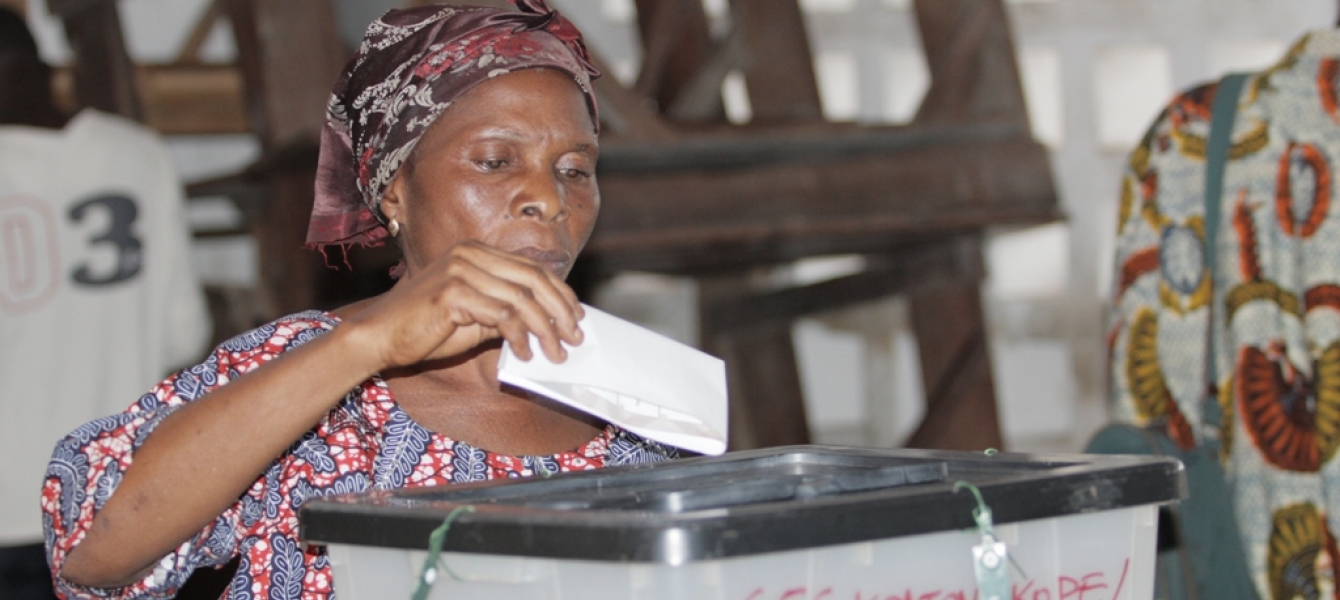Voter education ensures that voters are ready, willing and able to participate in the electoral processes.
It further entails election literacy and confidence that the electoral process is appropriate and effective in selecting governments and promoting policies that will benefit the voter.
The Zimbabwe election support network (Zesn) in its compendium of election observers’ recommendations noted the need for provision of voter education.
Zesn petitioned that voter education should be linked to the secrecy of the ballot and other misinformation by electoral stakeholders.
“Voter education should reach institutions of higher learning and secondary schools, and target those that have reached or about to reach the legal stage of majority.
“Voter education must emphasise the importance of other elections, apart from presidential elections.
“The voter education methodology and curriculum must facilitate easy access by people with disabilities including those visually impaired,” Zesn outlined in their report.
Zesn further stated that electoral law must provide for continuous voter education by a broad range of actors that include the Zimbabwe Electoral Commission (Zec) and Civic Society Organisations (CSOs).
In their assessment Zesn noted that there have not been any noticeable improvements on the quality of voter education processes since the 2018 Harmonised elections.
However, the commission has engaged electoral stakeholders in the development of more inclusive voter education curriculum and methodologies.
Zesn observed that the voter education curriculum continues to fall short of responding to misinformation and disinformation that is sponsored by different stakeholders at various points during the electoral cycle.
“Voter education should focus on the right to vote and secrecy of the vote.
“Efforts to make voter education accessible to persons with disabilities and other disadvantages groups is ongoing.
“To this end Zec has increased its engagement with various electoral stakeholders during the creation of voter education materials,” Zesn said further in their report.
Zesn is moreover of the view that Zec, in collaboration with other stakeholders should ensure that voter education programmes are conducted throughout the electoral cycle and should also target persons who may reach the legal age of majority by the time the next cycle of elections are held.
Zesn continues to advocate for sustained discussions on the recommendations and is continually engaging Parliament, the Zimbabwe Electoral Commission (Zec) other Chapter 12 commissions, political parties, political parties, members of the public and other electoral stakeholders so as to encourage improved uptake of recommendations which stakeholders collectively deem applicable to the Zimbabwean environment.


